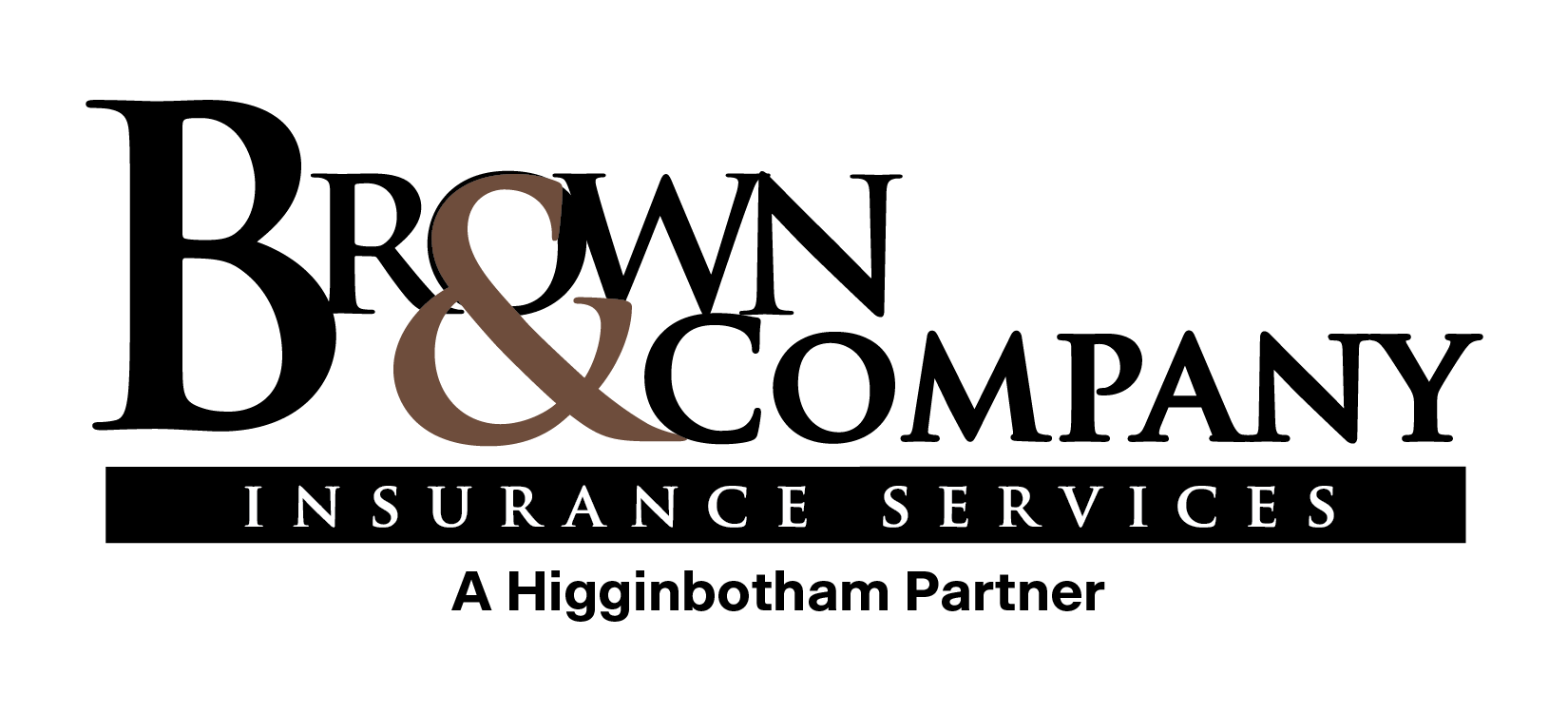Cafeteria Plans /
Section 125 Plans
A cafeteria plan is a separate written plan maintained by an employer for employees that meets the specific requirements of and regulations of section 125 of the Internal Revenue Code. It provides participants an opportunity to receive certain benefits on a pretax basis. Participants in a cafeteria plan must be permitted to choose among at least one taxable benefit (such as cash) and one qualified benefit.
A qualified benefit is a benefit that does not defer compensation and is excludable from an employee's gross income under a specific provision of the Code, without being subject to the principles of constructive receipt. Qualified benefits include:
- Accident and health benefits (but not Archer medical savings accounts or long-term care insurance);
- Adoption assistance;
- Dependent care assistance;
- Group-term life insurance coverage;
- Health savings accounts, including distributions to pay long-term care services.
The written plan must specifically describe all benefits and establish rules for eligibility and elections.
A section 125 plan is the only means by which an employer can offer employees a choice between taxable and nontaxable benefits without the choice causing the benefits to become taxable. A plan offering only a choice between taxable benefits is not a section 125 plan.
ERISA
The Employee Retirement Income Security Act of 1974 (ERISA) is a federal law that sets minimum standards for retirement and health benefit plans in private industry. ERISA does not require an employer to establish a plan. According to ERISA, an employee welfare benefit plan is any plan, fund, or program which is established or maintained by an employer or by an employee organization, or by both, to the extent that such plan, fund, or program was established for is maintained for the purpose of providing: Medical, surgical, or hospital car or benefits; benefits in the event of sickness, accident, disability, death or unemployment; vacation benefits, etc. Read more.
Exchange/Marketplace
By 2014, all states are required to have a Health Insurance Marketplace where individuals and small businesses can purchase health insurance. States may establish their own Marketplace, develop a Marketplace in partnership with the federal government or allow the federal government to create the Marketplace for their state (i.e. Texas option).
Health Care Reform
The federal Patient Protection and Affordable Care Act (PPACA), more commonly known as Health Care Reform, implements sweeping changes that affect individual and employer-sponsored health plans.
Many provisions of Health Care Reform are general in nature, with details to be clarified by the U.S Department of Health and Human Services or other federal agencies. The resources below can help you learn more about the law and stay up-to-date on the latest information.
- Affordable Care Act (U.S. Employee Benefits Security Administration)
- Healthcare.gov (U.S. Department of Health and Human Services)
- Affordable Care Act Tax Provisions (Internal Revenue Service)
- Center for Consumer Information and Insurance Oversight
- Patient Protection and Affordable Care Act, amended by the Health Care and Education Reconciliation Act of 2010
COBRA
The Consolidated Omnibus Budget Reconciliation Act (COBRA) of 1986 is a complex law with unique administrative challenges for employers. Severe penalties for non-compliance place employers at risk if they are unable to manage the administrative process in accordance with ever-changing COBRA regulations. Learn more about COBRA.
Medicare
Medicare is government health insurance for People 65 or older, People under 65 with certain disabilities, and People of any age with End-State Renal Disease. Medicare’s Annual Open Enrollment is October 15-December 7. Each year the Centers for Medicare & Medicaid Services publishes a detailed resource booklet called “Medicare & You” available online at www.medicare.gov. You can call 1-800-MEDICARE (1-800-633-4227) for specific questions.
Medicaid & CHIP
Learn more about Medicaid in Texas and the Children’s Health Insurance Program Reauthorization Act of 2009 (CHIPRA). These acts offer Free or Low-Cost Health coverage to children and families. In some states, including Texas, you may also be eligible for assistance paying premiums for the health plan offered by your employer. Learn more about Medicaid & CHIP.
Eligibility Notifications
Timeliness in adding and terminating employees is essential. All eligible employees/dependents must be added to the Employer’s health insurance plan(s) within 31 days of their eligibility date. Learn more about these eligibility notifications.
CMS Reporting
The Centers for Medicare & Medicaid Services (CMS) require most Plans to perform annual functions. Entities that provide prescription drug coverage to Medicare Part D eligible individuals must disclose to CMS whether the coverage is "creditable prescription drug coverage". This disclosure is required whether the entity's coverage is primary or secondary to Medicare. Entities must disclose creditable coverage status to CMS using the online Disclosure to CMS Form











